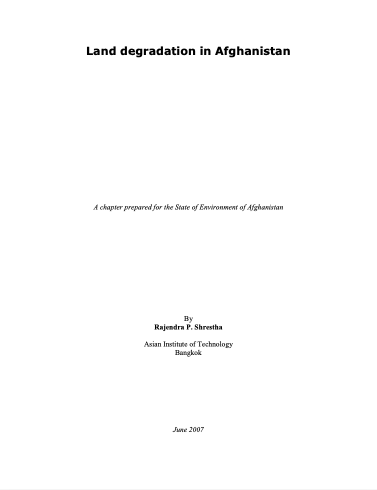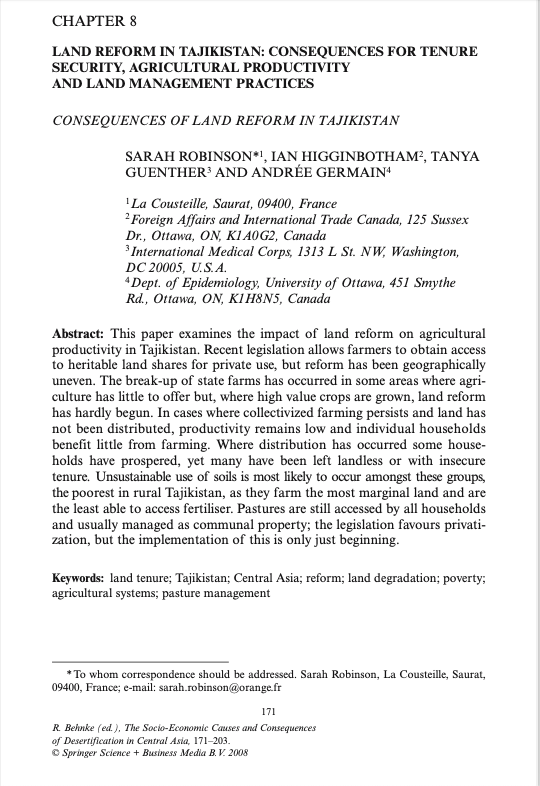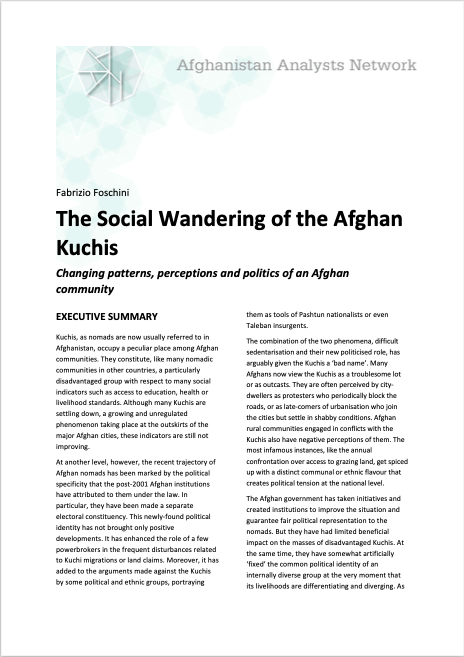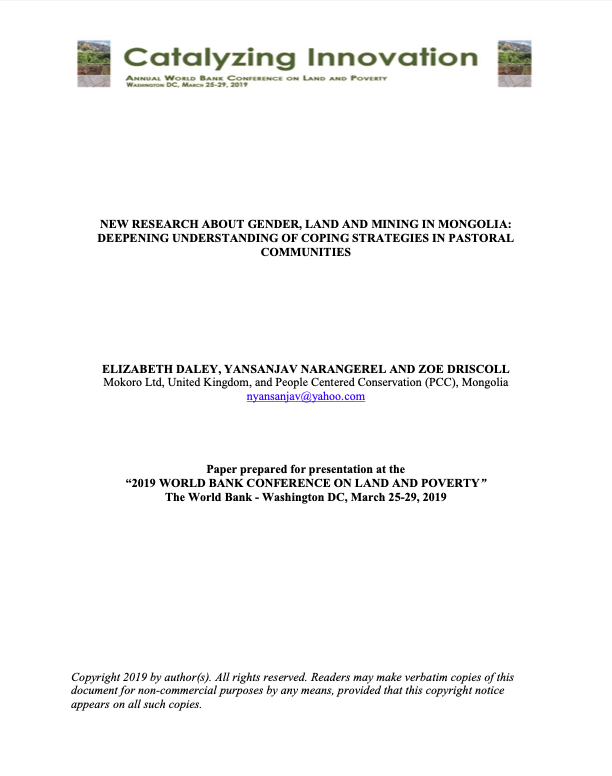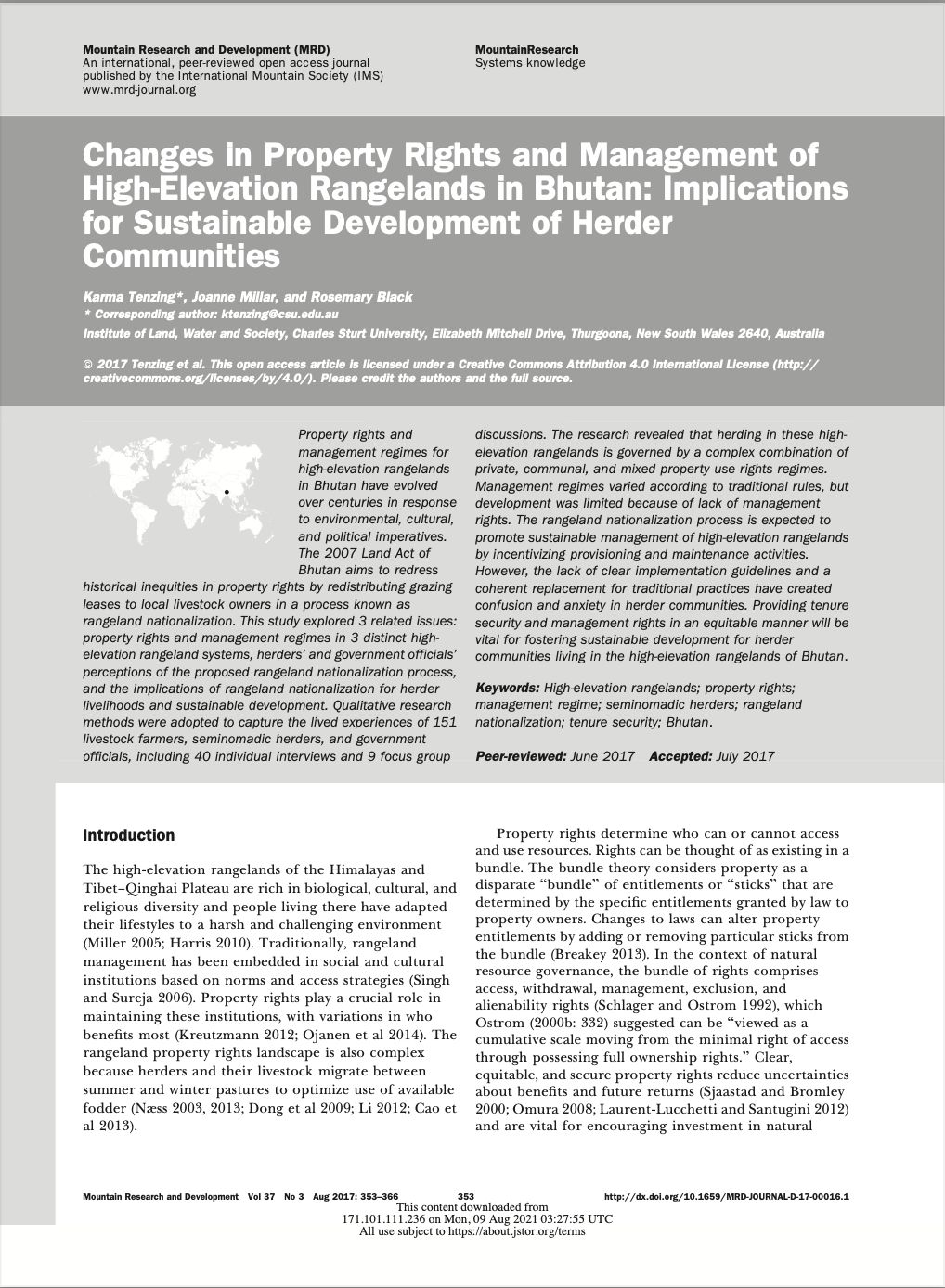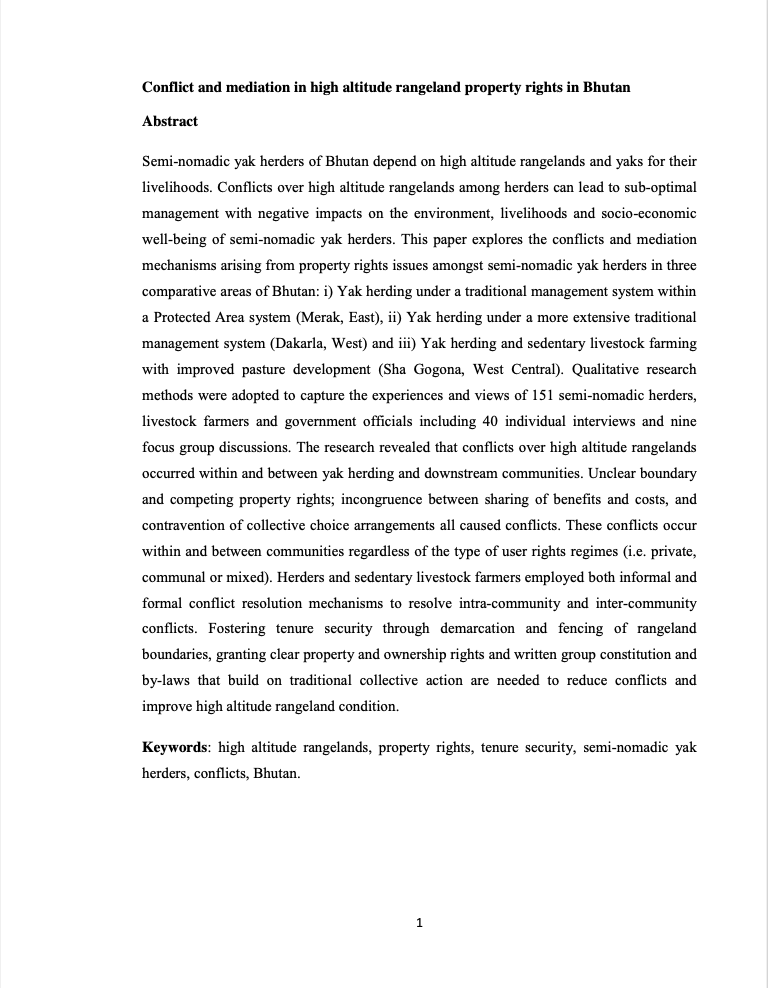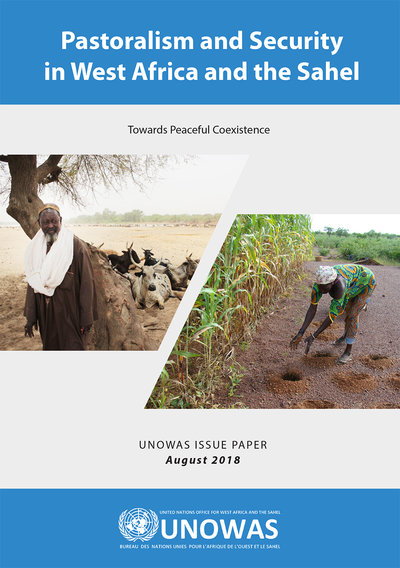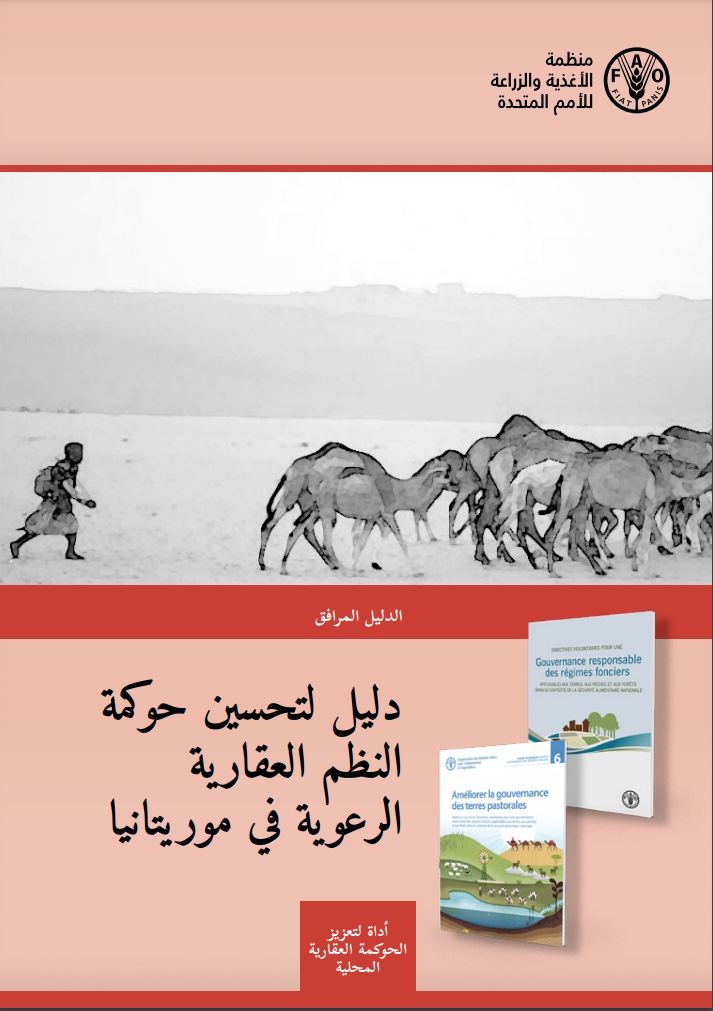Land degradation in Afghanistan
Land is very important natural resource to the human being as it provides the basis for more than 95% of human food. On the broader context, land has many other functions, e.g. provision of biological habitats and physical and connective space; regulation of hydrology and climate; storage of minerals, raw materials and historical/pre-historical records; and as a buffer to control waste and pollution. Expanding human requirements and economic activities are placing ever increasing pressures on land resources, creating competition and conflicts and resulting in suboptimal use of land.

